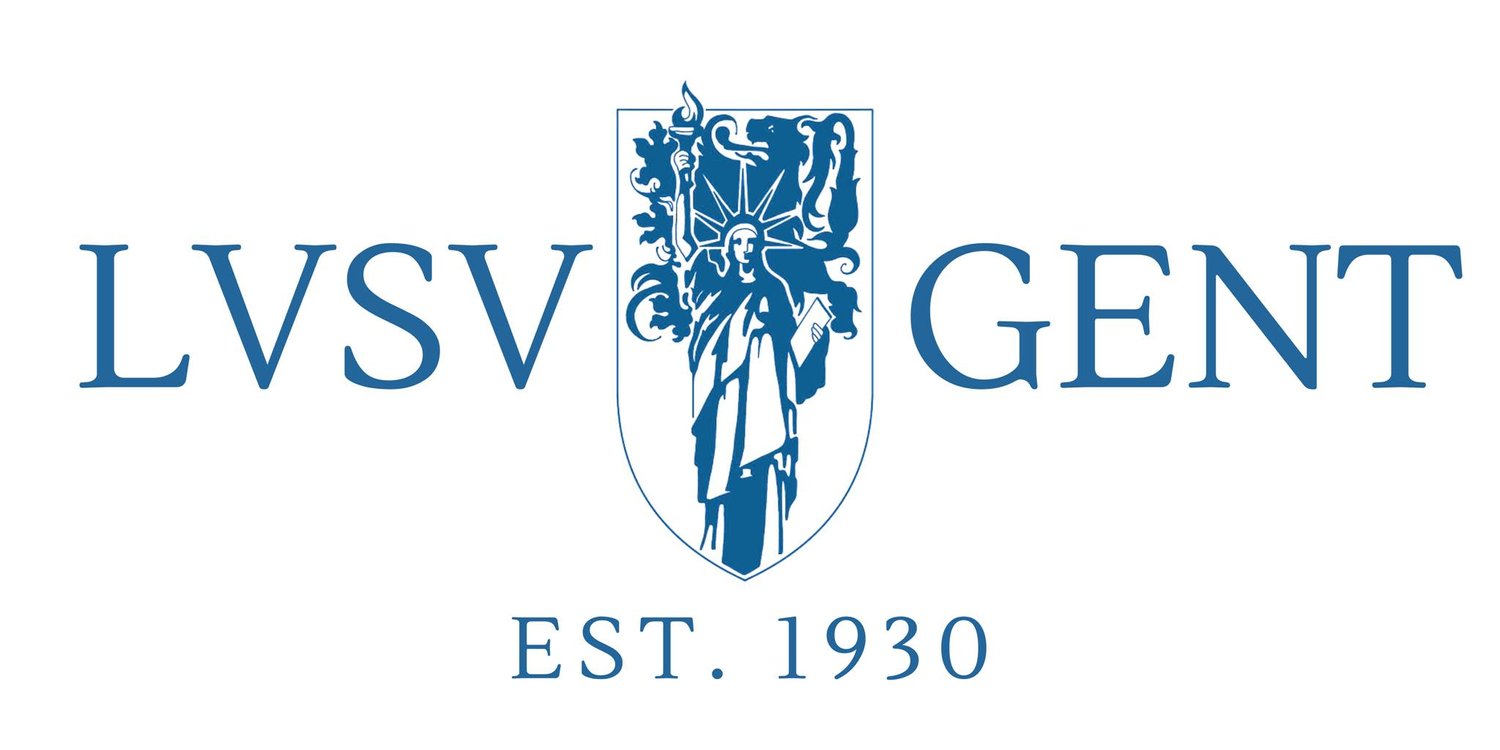In deze rubriek willen wij een wegwijs bieden in alle mogelijke bronnen die er ter beschikking staan om meer te weten te komen over het liberalisme.
Links
Ludwig von Mises Institute
The Mises Institute is the world’s largest, oldest, and most influential educational institution devoted to promoting Austrian economics, freedom, and peace in the tradition of classical liberalism.
Since 1982, the Mises Institute has provided both scholars and laymen with resources to broaden their understanding of the economic school of thought known as Austrian economics. This school is most closely associated with our namesake, economist Ludwig von Mises.
We are the worldwide epicenter of the Austrian movement.
Cato Institute
The Cato Institute is a public policy research organization — a think tank – dedicated to the principles of individual liberty, limited government, free markets and peace. Its scholars and analysts conduct independent, nonpartisan research on a wide range of policy issues.
Students For Liberty
Students For Liberty is a rapidly growing network of pro-liberty students from all over the world. Our mission is to provide a unified, student-driven forum of support for students and student organizations dedicated to liberty. We are the largest libertarian student organization in the world. We accomplish this through a strategy of empowerment, identifying the top student leaders and training them to be agents of change in their communities. What began as a small meeting of young leaders has become an international movement of students with over 1,350 groups and 800+ leaders around the world and operations on every inhabited continent.
Boeken
The Law - Frédéric Bastiat
Ongetwijfeld is Bastiats belangrijkste werk, oorspronkelijk een pamflet, De Wet, 1850, die de ontwikkeling van een vrij en rechtvaardig wetssysteem beschrijft en alle aspecten van de toepassing ervan in een liberale maatschappij behandelt.
Why Liberty
Why Liberty is a broad and multidisciplinary introduction to the ideas of liberty. It focuses not just on political theory but also on liberty through the lens of culture, entrepreneurship, health, art, technology, philosophy, and the transformative power of freedom. Edited by Dr. Tom G. Palmer, the book features articles from experts in the fields of policy, academia, business, media, and student organizing. This collection emphasizes students talking to students, showing that freedom is not an old antiquated idea, but a dynamic and liberating force with the power to change the world. It is time for young people to stand up and say “this is what we believe in”.
After the Welfare State
Our politicians and, frankly, our parents have failed us. They have used the mechanisms of the welfare state to hold power and live off the backs of future generations. Now we have to take our futures into own hands. If not us, who? If not now, when? The stakes are far too high to sit back and let this crisis continue to grow. As Tom Palmer notes “We can avert catastrophe and we can substitute for the welfare state institutions that are more just, more fair, more efficient, and more helpful to those in need.” This is true, but the politicians will not fix it themselves. We have to educate and motivate our fellow students to take action. Only we, the youth, can fix this problem for ourselves and our future.
The Morality of Capitalism
As students for liberty, we are well-versed in defending the free market. Our opponents on campus constantly claim that markets are unfair, that capitalism is exploitative, that competition is inhumane, and that government control and redistribution are the solution to society’s problems. Every day we struggle to explain that a free society that embraces free exchange is the only way to create wealth, peace, and prosperity for all.
Most people acknowledge, if only begrudgingly, that capitalism does produce considerable wealth and material well-being. But many feel torn between material prosperity on the one hand and living a moral life on the other. The self-interested pursuit of profit that is characteristic of a capitalistic system just doesn’t feel right to them.
The task before us, then–if we wish to actualize the truly free social system that is laissez-faire capitalism–is to provide and defend its moral justification. We must convince fellow students that capitalism is not just the most efficient system, but a virtuous one as well.
Video
Free to Choose
Free to Choose (1980) is a book and a ten-part television series broadcast on public television by economists Milton and Rose D. Friedman that advocates free market principles. It was primarily a response to an earlier landmark book and television series: The Age of Uncertainty, by the noted economist John Kenneth Galbraith. Milton Friedman won the Nobel Memorial Prize in Economics in 1976.
LearnLiberty.org
A resource for learning about the ideas of a free society. Our goal is to provide a starting point for conversations on important questions: What is the nature of man and society? What are the best ways to organize human society? What is the proper role for government?
The Machinery of Freedom: Illustrated Summary
The Machinery of Freedom is a nonfiction book by David D. Friedman which advocates Friedman's vision of an anarcho-capitalist society. The book was published in 1973, with a second edition in 1989 and a third edition in 2014.
The book calls for the abolition or privatization of all government functions, details suggestions for many specific instances of privatization, explores the consequences of libertarian thought, describes examples of libertarian society (such as the Icelandic Commonwealth), and offers the author's personal statement about why he became a libertarian. Topics addressed in the book include the privatization of law (both legislation and enforcement), and the knotty problem of providing for public goods (such as national defense) in a purely libertarian society. Friedman argues that anarcho-capitalism will be beneficial to the vast majority, including the poor.

